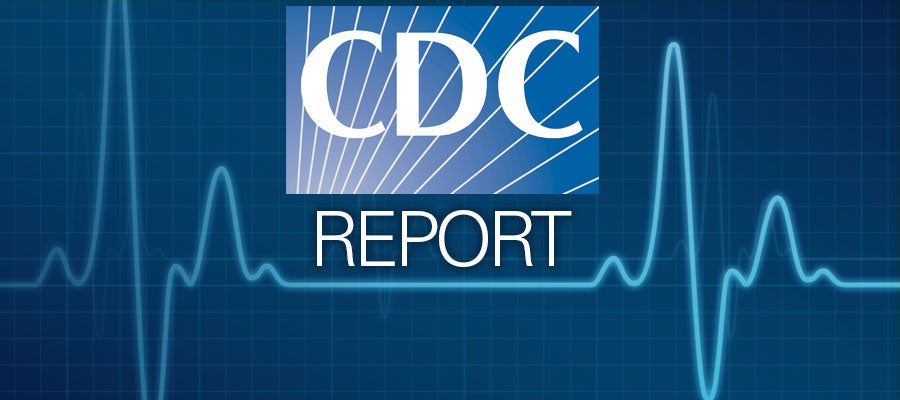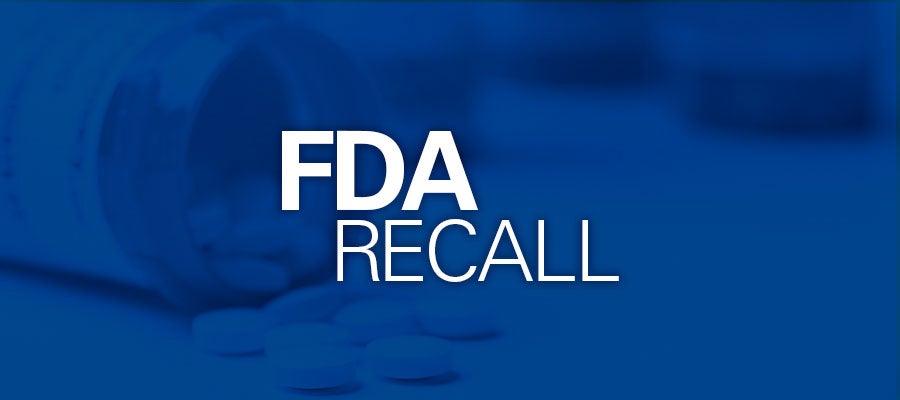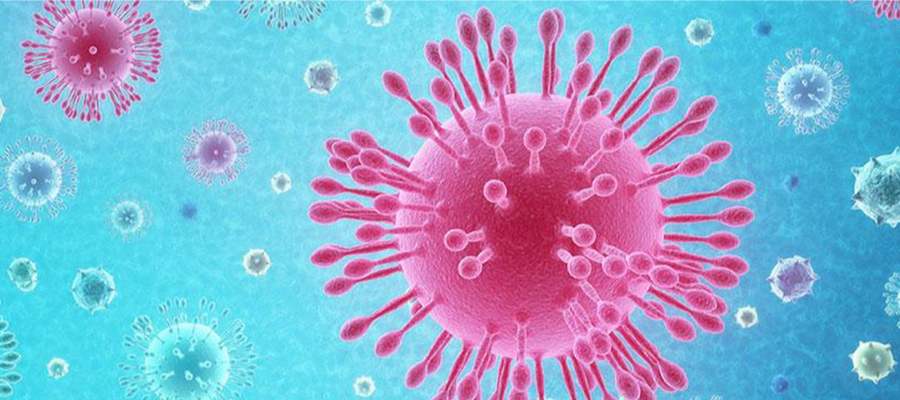
The Department of Health and Human Services’ Office of the Assistant Secretary for Preparedness and Response urged the health care and public health sector to patch on-premises Microsoft Exchange Server vulnerabilities announced last week, noting that additional criminal and state actors have been observed trying to compromise the critical infrastructure by exploiting these vulnerabilities.







